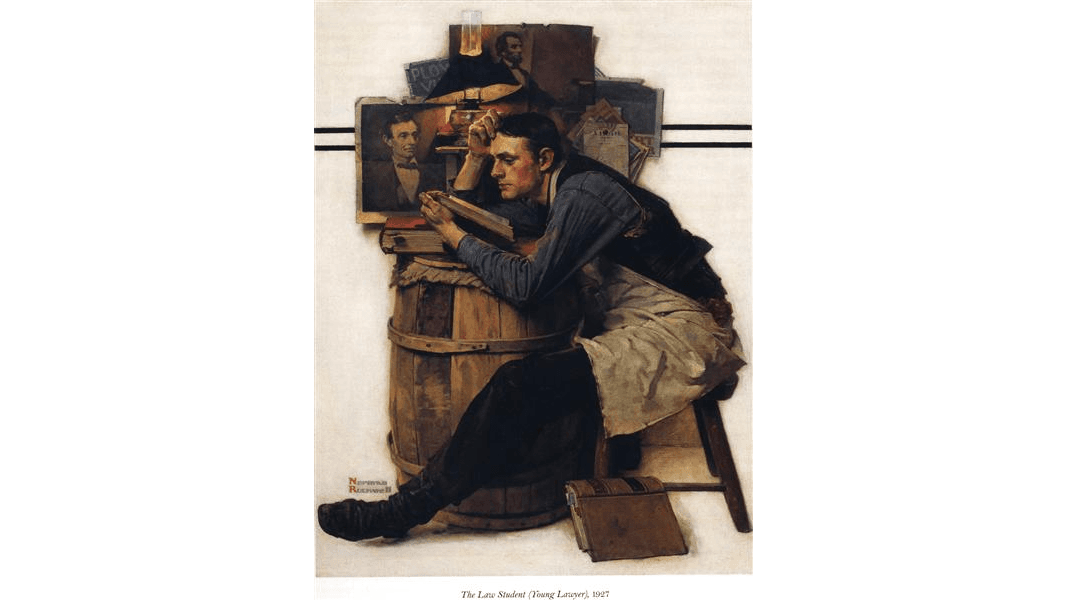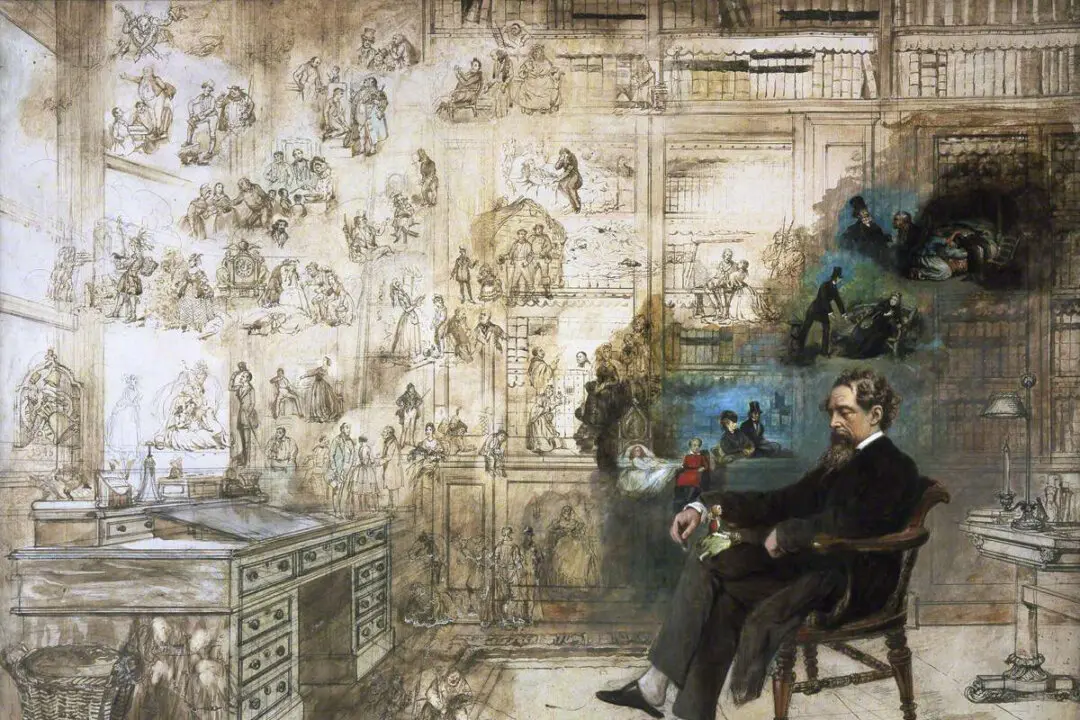“Young Lawyer,” 1927, by Norman Rockwell. A young man learns to accept this place in society and receives much in return. (Public Domain)
Though the circumstances we find ourselves in can’t be helped, our attitude toward those circumstances matter. And though difficult situations can be frustrating, accepting them and prioritizing love for those around us allow us to achieve a more content, joyful life.






